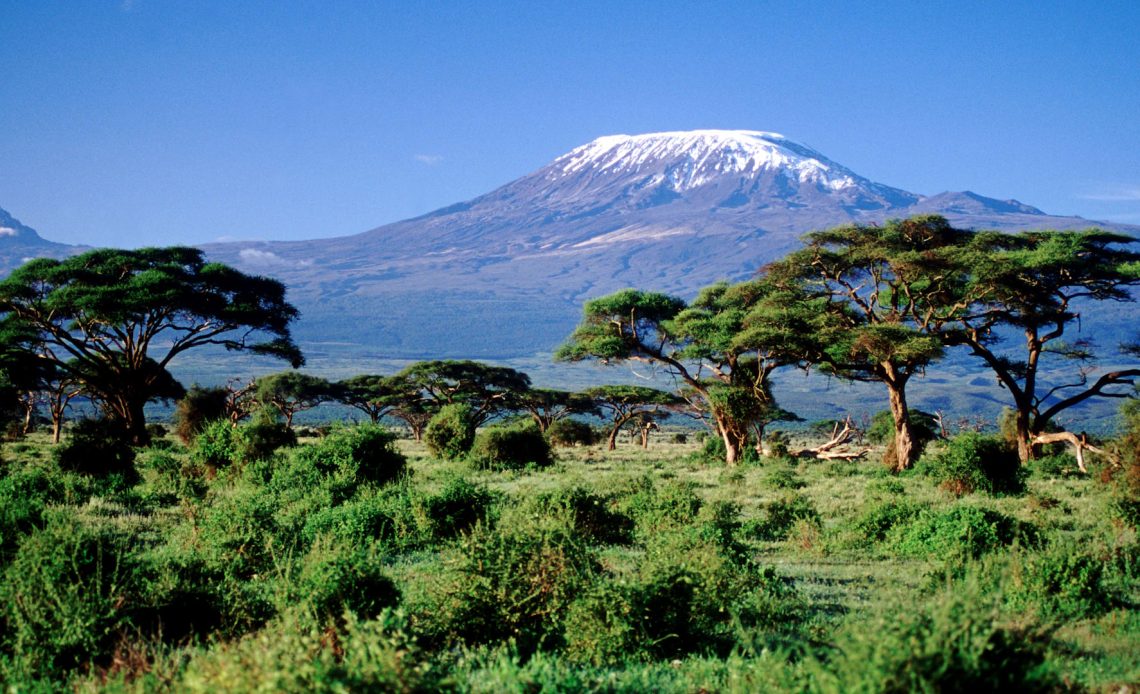Introduction
As an avid adventurer, I’ve always been drawn to the majesty of nature’s wonders. One destination that had long captivated my imagination was Mount Kilimanjaro in Tanzania. The allure of Africa’s highest peak, standing tall at 5,895 meters, beckoned me. Finally, the day arrived when I embarked on a journey that would forever be etched in my memory. Join me as I recount my extraordinary experience of conquering Mount Kilimanjaro and discovering the hidden treasures it holds.
Preparation and Training
Setting off on such an arduous endeavor requires careful preparation. I made sure to train my body for the strenuous climb ahead. Endurance exercises, strength training, and hiking on various terrains became a regular part of my routine. Additionally, I meticulously packed all the essential gear, including sturdy hiking boots, warm clothing, a reliable tent, and plenty of food and water. With every item packed and every muscle primed, I set out on my adventure with a mix of excitement and trepidation.
The Lemosho Route: My Chosen Path
I opted for the Lemosho Route, renowned for its scenic beauty and gradual acclimatization. This route allowed me to relish the diverse landscapes that unfolded before me. From lush rainforests teeming with exotic flora and fauna to vast expanses of alpine desert, each step brought a new enchantment. The Lemosho Route would be my companion throughout my ascent.
Awe-Inspiring Wildlife Encounters
One of the highlights of trekking Mount Kilimanjaro is the opportunity to witness Tanzania’s remarkable wildlife. As I ventured through the lower slopes, I was greeted by playful monkeys swinging from tree to tree, their mischievous antics bringing a smile to my face. It was as if the animals sensed my admiration and joined me on this remarkable journey, reminding me of the harmony between humans and nature.
The Machame Camp: Finding Solace in the Wilderness
After a full day of hiking, the Machame Camp became my sanctuary. Nestled amidst the mountains, the camp offered a chance to connect with fellow trekkers. Sharing stories around the campfire, we bonded over our mutual ambition to reach the summit. It was in these moments of camaraderie that I realized the power of unity and collective determination.
The Summit Push: Reaching for the Sky
The final ascent to Uhuru Peak is both physically and mentally demanding. The air grew thinner, and each step became an act of willpower. The sight of glaciers shimmering in the moonlight spurred me on, as if urging me to conquer my limits. As dawn broke, I stood atop the roof of Africa, overwhelmed by a sense of accomplishment and gratitude. The view from Uhuru Peak was beyond description—endless stretches of land bathed in hues of orange and pink, a panorama etched in my memory forever.
Descending with a New Perspective
Descending from the summit, I felt transformed, as if I had been reborn. With each step, I cherished the beauty that surrounded me. The journey down was a time for reflection, a chance to acknowledge the strength I found within myself and the extraordinary power of nature. It was a humbling experience, a reminder that the greatest journeys are not only about reaching the destination but also about the lessons learned along the way.
Pros And Cons
| Pros | Cons |
|---|---|
| Breathtaking natural beauty | Physically demanding and challenging climb |
| Unique opportunity to summit Africa’s highest peak | Altitude sickness and acclimatization issues |
| Diverse landscapes and wildlife | Expensive expedition costs |
| Cultural immersion with local guides and porters | Weather conditions can be unpredictable |
| Personal growth and sense of achievement | Crowded trails during peak seasons |
| Chance to connect with fellow trekkers | Environmental impact and sustainability concerns |
| Wildlife encounters along the trek | Limited amenities and basic facilities |
| Stunning views from the summit | Potential risks associated with high-altitude climbing |
| Cultural significance and historical significance | Requires thorough preparation and training |
FAQs
The best time to climb Mount Kilimanjaro is during the dry seasons, which are January to March and June to October. These months generally have clearer skies and more stable weather conditions. However, it’s important to note that Kilimanjaro can be climbed year-round, and weather conditions can vary.
Accommodation options during the climb include camping in designated campsites along the various routes. Tents are usually provided, but it’s advisable to check with your tour operator regarding the specifics of the accommodations.
Yes, altitude sickness can be a potential concern when climbing Mount Kilimanjaro. Proper acclimatization and a slow ascent are crucial to minimize the risk. It’s important to listen to your body, stay hydrated, and follow the guidance of your guide.
You will need to obtain a climbing permit from the Kilimanjaro National Park authorities. Your tour operator or guide can assist you in obtaining the necessary permits and documents.
While it is possible to climb Mount Kilimanjaro solo, it is recommended to join a guided group. Climbing in a group provides added safety, support, and a more enriching experience through shared moments and camaraderie.
Conclusion
Visiting Mount Kilimanjaro was a life-changing adventure, an odyssey that tested my limits and nourished my spirit. From the moment I set foot on its slopes to the summit and back down, I marveled at the sheer beauty and power of nature. Kilimanjaro taught me that sometimes the most incredible achievements are accomplished by embracing the unknown and discovering the strength within ourselves. If you’re seeking a transformative experience that will challenge and inspire you, I wholeheartedly recommend embarking on your own journey to Mount Kilimanjaro – an adventure that will stay with you forever.

